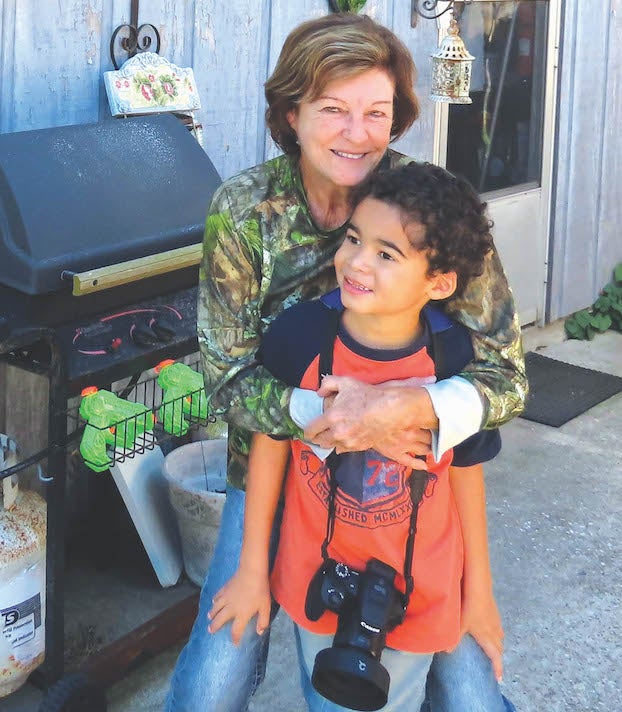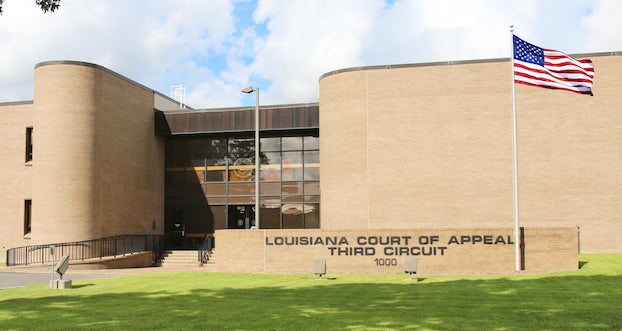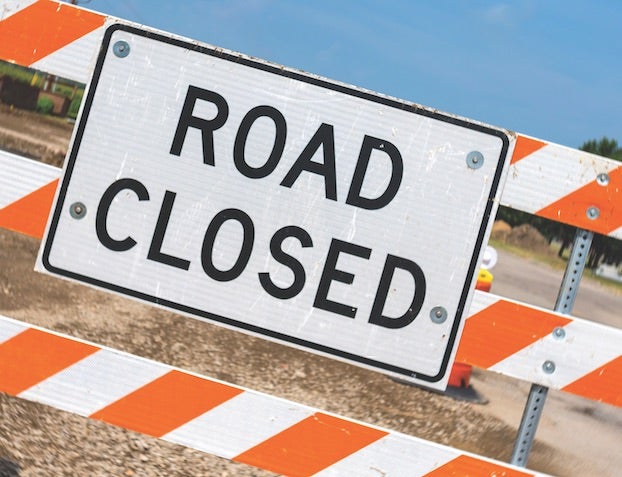Nature photographer getting grandson hooked on her hobby
Published 7:59 am Friday, March 24, 2023

- Vicki Sensat and her grandson, Alex.(Special to the American Press)
Vicki Sensat received her first camera when she was 12. Today, she photographs local events just for fun or to help out a friend. Her nature photographs, mostly birds, can evoke awe.
“Animals are God’s gift to us. The very least we can do is photograph them and conserve them for future generations,” she said. “I have friends who photograph rodeos, football and other sporting events. I like birds. They challenge me.”
At times, Sensat is accompanied by her grandson, also a photography hobbyist. She put a Canon PowerShot with a long zoom in his hands when he was five, and with amazing results.
“I started him with a small camera with no viewfinder. But within a week he was using the Canon. Watching him catch an important scene or nature image makes me realize it’s all worth it.”
Sensat’s first camera was a Polaroid that produced only black and white images.
“After the film came out, you had to swab the developed image with a polymer coating to prevent the darkening of the photograph.”
She had other cameras, 35mm, but it wasn’t until the advent of computers and digital cameras that her interest in photography was revived.
“Every Christmas I would take photos of my coworkers, who do what a lot of people do when a camera comes out, they complain, hide, and run. Now, years later, those same folks have contacted me to see if I have any of those photos. Now, they want to see those photos of the past.”
Sensat visited New York after 9/11.
“I was a paramedic and was able to go with my former Fire Chief,” she said. “That’s when it struck me that history must be recorded; no matter what it takes. Now that we all have cell phones, we can.”
When she retired from the hospital, Sensat purchased a “fairly cheap camera with a zoom lens,” she said.
It opened up a whole new world far beyond the limits of a cell phone, she said. “Photography became an obsession.”
It was an obsession, but she never wanted it as a job.
It’s just a hobby,” she said.
The ultimate compliment is when teachers ask her if they can use her pictures because they are studying turtles, alligators or birds. She is not being interviewed, and turns the conversation to professional photographers.
“They have spent a lot of money on equipment and many hours perfecting a craft that changes constantly, braving the cold in winter and fighting off bugs and sweating their guts out in the summer. They trudge through mud, through thickets to capture nature.”
She calls all photographers conservationists because of their role of capturing what the world looks like right now for future generations. She’s thankful for the photographers who photographed animals now endangered or extinct, historic structures that have long been forgotten, ancestors’ homesteads and some of the most important events in the world’s history.
“When you see those photographs, thank a photographer.”





